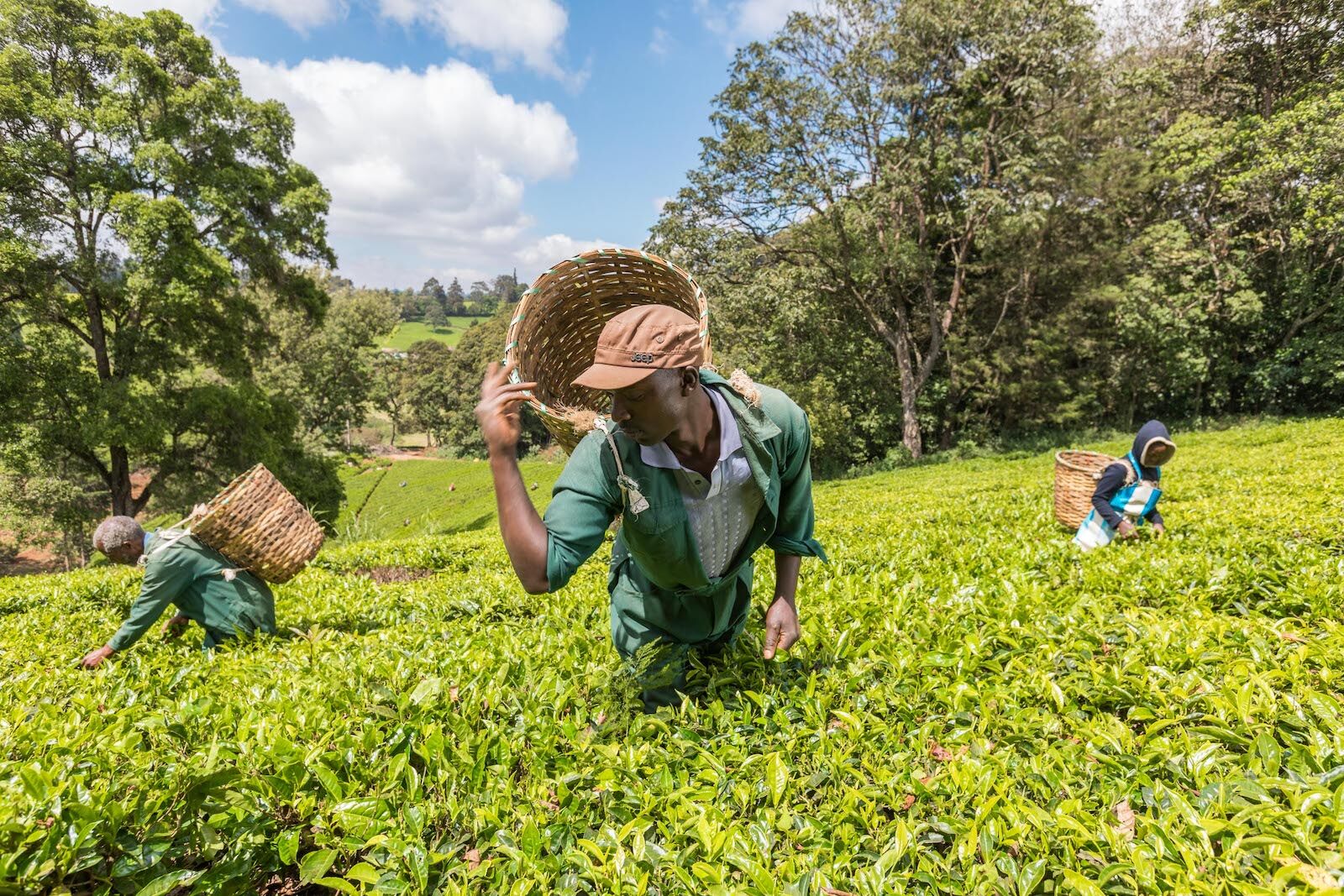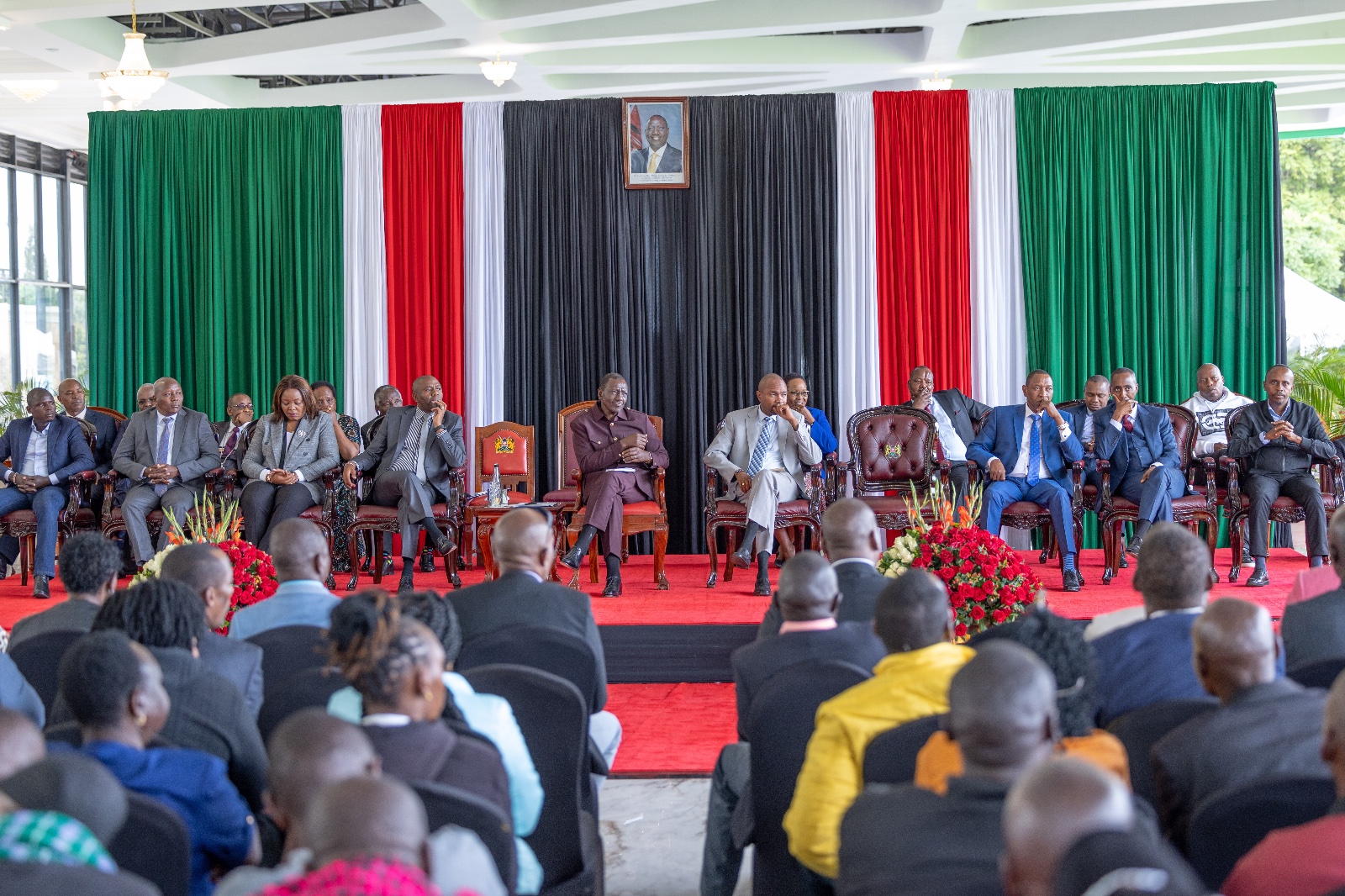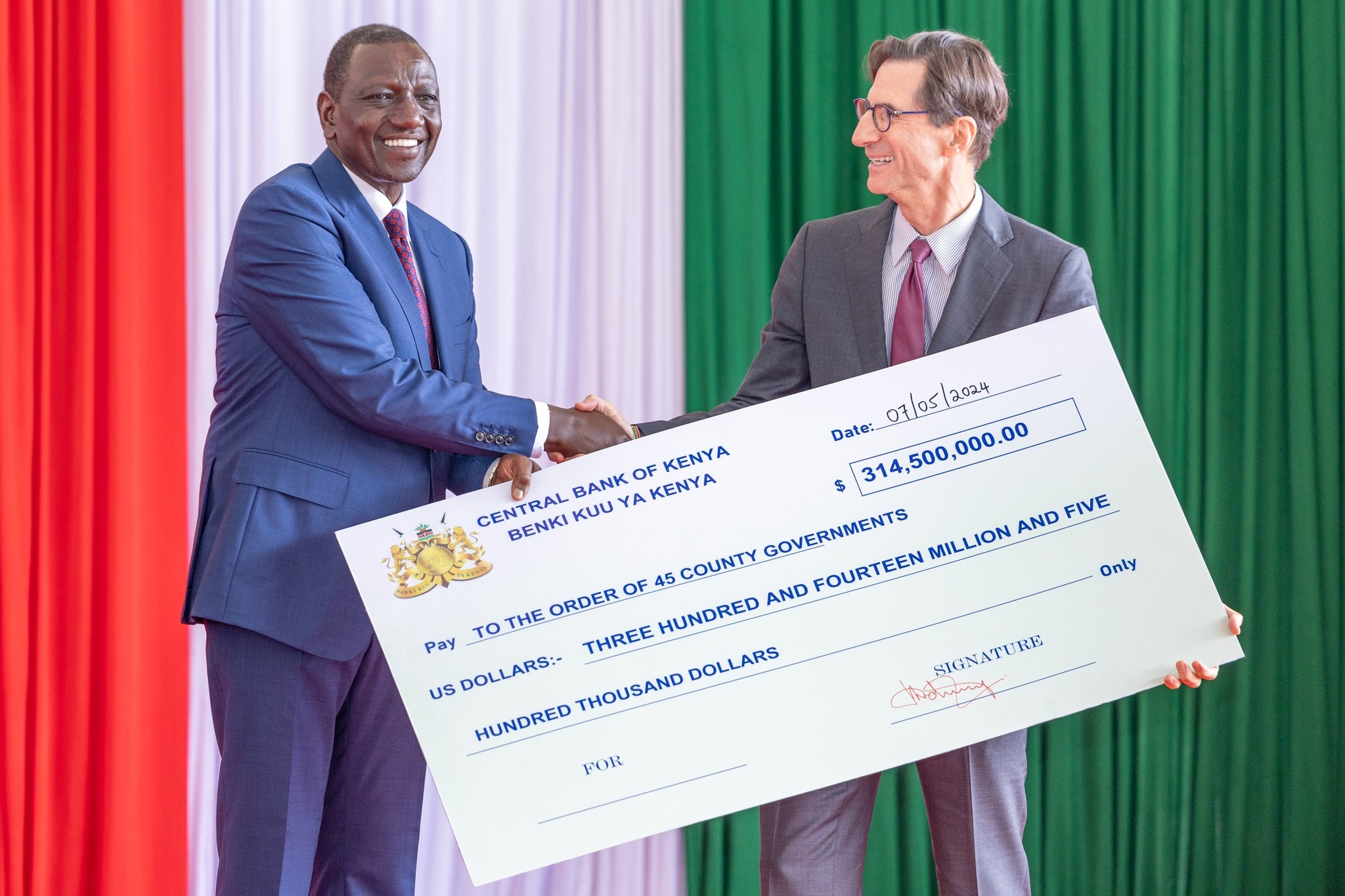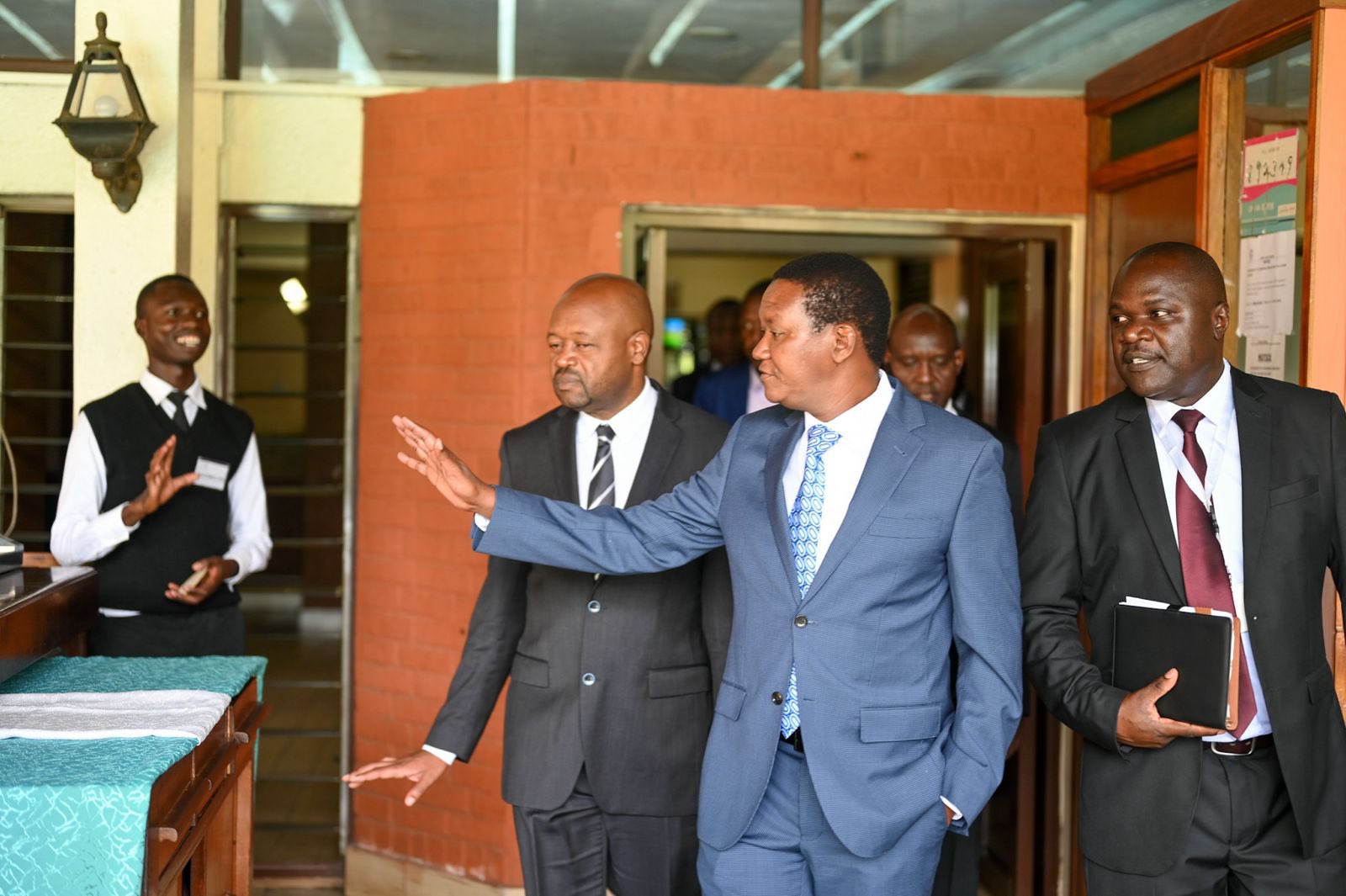
President Ruto, in the past one year or so has been relentless on his government’s commitment to transforming the agricultural sector.
Agriculture is the largest sector in the country, with potential to not only end the food security crisis, create thousands of jobs for millions of Kenyans but to also significantly increase the country’s exports and economic growth.
The Kenya Kwanza Kwanza government has made very important strides in the major sub-sectors in Agriculture, the tea and coffee sub-sectors. With H.E Deputy President Rigathi tasked with spearheading reforms, the Kenya Kwanza government has made steps towards bringing profitability to small scale farmers especially.
One of the most incessant challenges tea farmers in the country have faced has been the corruption and lack of transparency in the issuance of fertilizers. Brokers and cartels have been notorious in hoarding inputs to sell back to the farmers at exorbitant prices, negatively affecting the cost of production.
With the successful farmers’ registration exercise that the government conducted this year, tea and coffee farmers have been able to receive the government subsidized fertilizers.
In August 2023, the Nairobi Coffee Exchange resumed trading, giving coffee farmers in the country a platform to sell their produce directly to the buyers, thereby eliminating the unscrupulous middlemen and brokers.
There has been notable growth in NCE, with sales skyrocketing from Sh54.8 million to Sh824 million in just 5 months. Average coffee prices increased to $194.22, ensuring improved financial returns for farmers.
The auction witnessed a record-breaking 23,167 bag trades since its reopening, indicating a flourishing market.
Coffee farmers have seen a substantial raise in payment rates from Sh20 to Sh80 per kilo. This has greatly improved the financial well-being of many farmers in the country. With the introduction of a new payment system for clarity in transaction, farmers are assured of timely and correct payments as well.
The government successfully increased the Coffee Cherry Fund to 4 Billion Shillings which has allowed for the increase in prices of coffee to the current 80 shillings mark. Farmers in the country are hopeful that as we usher in the New Year, prices will continue to increase for their produce.
President Ruto as well his Deputy, H.E Gachagua have made strategic efforts in expanding international markets, with ongoing discussions for improved trade agreements with Belgium, Dubai, and German.
Tea and Coffee farmers end the year 2023 happy and hopeful with the strides the Kenya Kwanza government has made.






